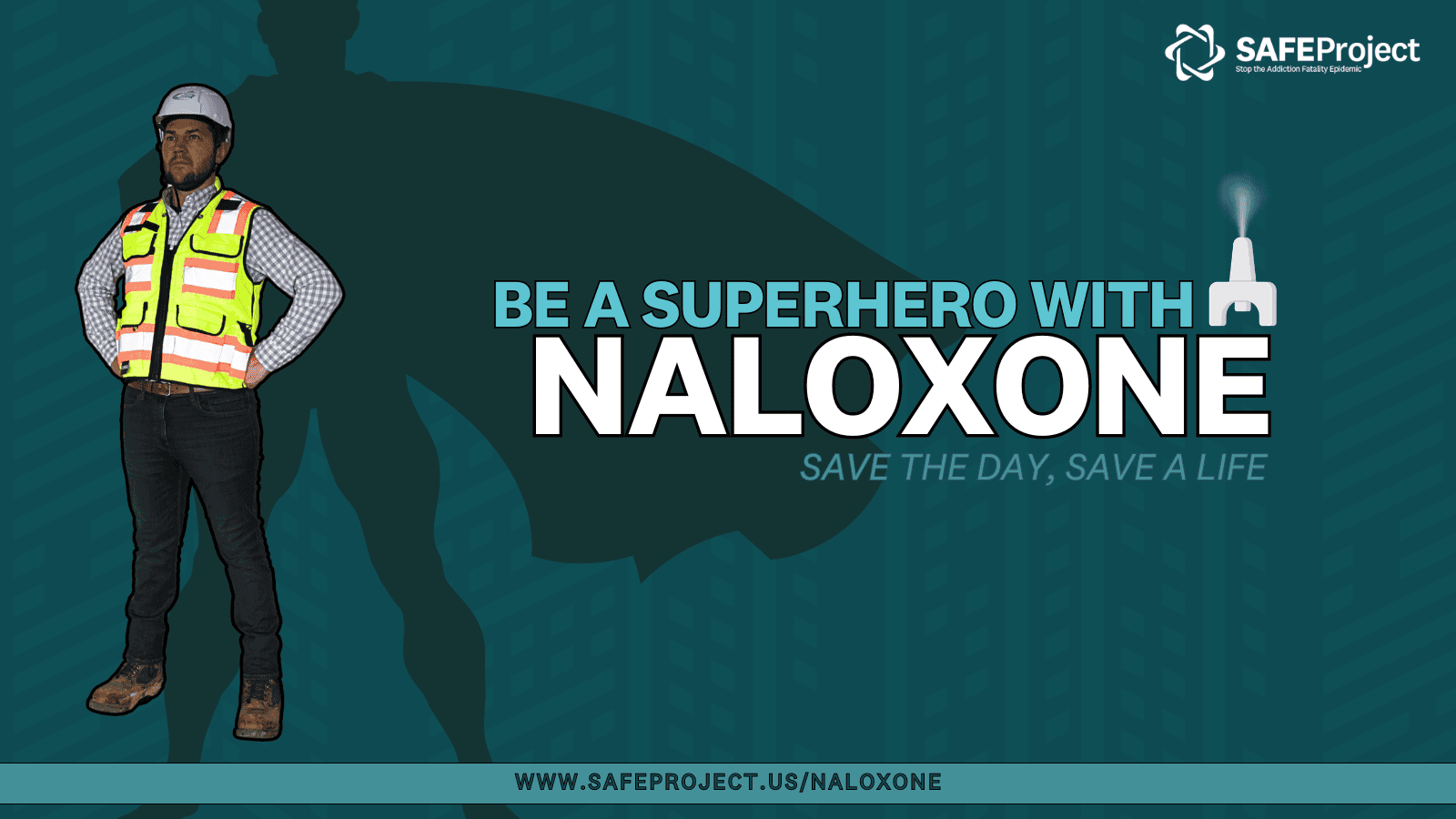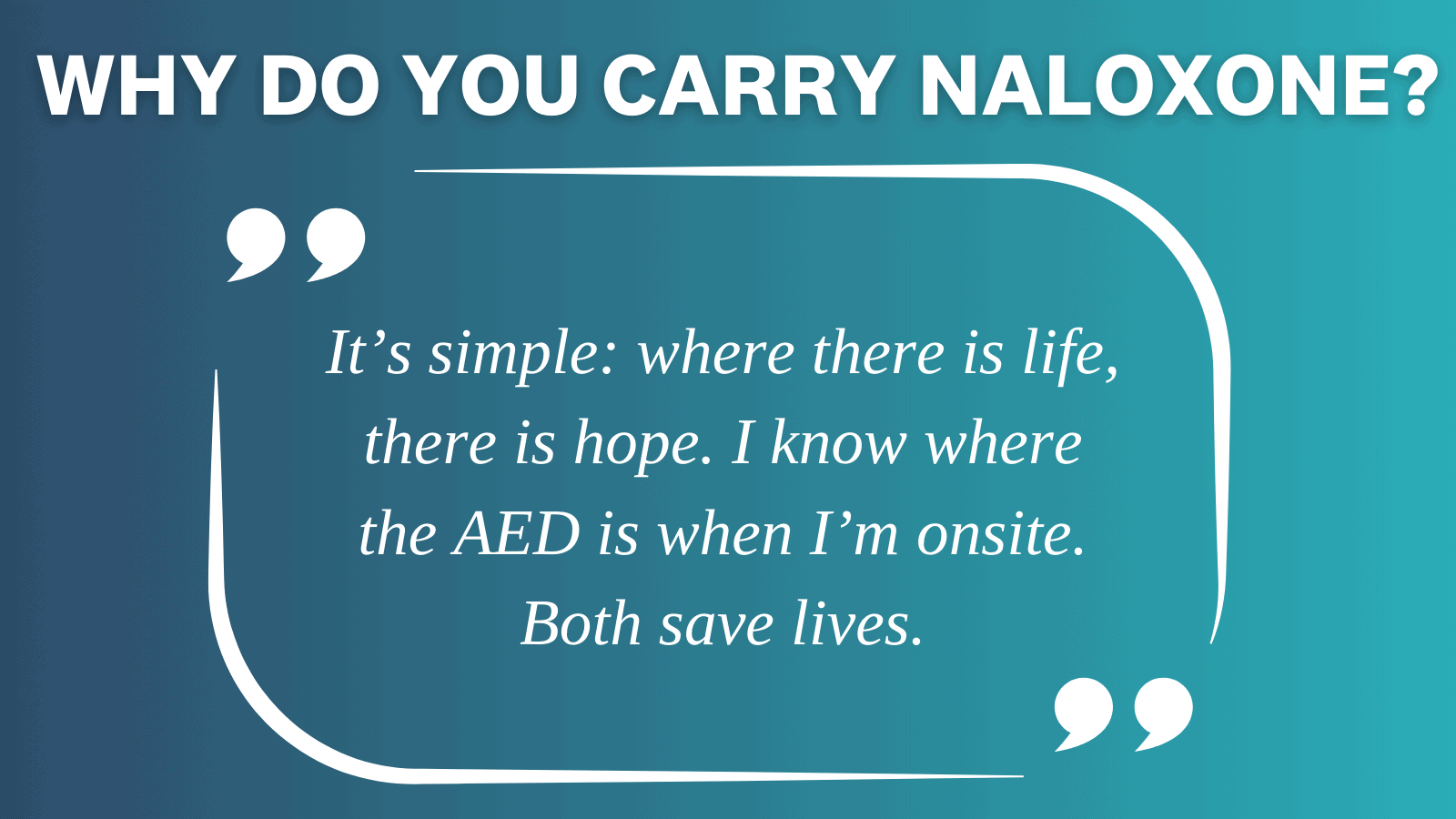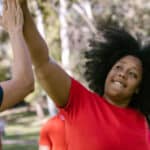In this interview for SAFE Project’s SAFE Workplaces portfolio, we spotlight a passionate advocate who is leading the charge to eliminate stigma, as well as support those struggling with substance use disorder (SUD) and mental health challenges in the workplace. Drawing from personal experiences, this advocate has dedicated their career to promoting mental well-being and creating stigma-free environments within their organization. Through innovative programs, comprehensive training, and a commitment to holistic wellness, they are paving the way for workplaces to become supportive spaces where employees feel empowered to seek help and thrive.
In an era where mental health and well-being in the workplace are increasingly recognized, Nick Williams, Executive Director for the American Subcontractors Association (ASA) of Colorado, stands out as a leading advocate for creating supportive and stigma-free environments. Driven by personal experiences, including the loss of loved ones to SUD, Nick has dedicated his career to addressing substance use disorders and mental health challenges with compassion and innovation. As a model in our “superhero” campaign, Nick exemplifies commitment to fostering a healthier work environment through groundbreaking initiatives and comprehensive support programs. In this interview, he shares his journey and the impactful measures his company has implemented to empower employees, enhance recovery efforts, and challenge stigma within the industry.

What inspired you to choose a career in construction?
It’s the family business. I wanted to see what all the fuss was about. 😊
Can you share the journey of how you got into this field?
I studied unrelated fields in college (literature and philosophy) and always had a passion for helping others, so I assumed I would go into teaching. Once I lost my appetite for academics, I tried a few things that didn’t stick. When I got into construction, I felt like I had found my people.
How does your company prioritize the well-being of its employees?
We conduct an annual assessment of all safety and health policies and procedures through HealthLinks. From there, we develop goals and a strategic plan to achieve those goals each year. We’ve been recognized at the Leader level for four years in a row. Additionally, we survey our employees annually to ensure their needs are being met. Based on the survey results, we create response plans to address any identified needs. For example, we ensure our health insurance carrier provides affordability and equity for all employees, with no cap on mental health primary care visits.
What initiatives or programs does your company have in place to support mental health and wellness?
We consistently share resources and provide training at company-wide meetings in partnership with HealthLinks, Intermountain Health, VitalCog Suicide Prevention, and others. We’ve taken the S.T.A.N.D. pledge with the Construction Industry Alliance for Suicide Prevention and regularly train with their materials. We’ve also taken the No Shame Pledge with SAFE Project to help combat the overdose epidemic in our industry. Additionally, we offer second chance agreements for employees struggling with addiction and recovery, and we have a high retention rate among those who enter recovery.
Can you share your personal recovery journey with us?
I’ve lost friends and family to addiction, overdose, and suicide. I struggled with depression in college and again during COVID isolation. Trauma-informed talk therapy and EMDR have helped me work through the depression associated with the loss and trauma I’ve experienced. Thankfully, I’ve learned mindfulness tools and self-advocacy techniques that have changed my life, and I’m passionate about helping and supporting others who are struggling.
What challenges did you face during your recovery, and how did you overcome them?
Thankfully, I’ve never developed a chemical dependency, and I’m forever grateful for that. However, uncovering the roots of my self-destructive behavior and being diagnosed with Complex PTSD and OCD have allowed me to face and overcome my struggles, leading to a more vivid life.
How has your recovery journey influenced your professional life?
I’ve always enjoyed being there for others, but over the past few years, I’ve developed a passion for helping others professionally as well. I’m leaving my position as Operations Director to pursue a career in the non-profit sector, with the goal of enhancing and improving the lives of construction workers.
What advice would you give to someone in the construction industry who is struggling with substance use?
Tell someone you trust. Be honest, be vulnerable. Do it today.
How are you committed to helping others at your workplace?
Listening is key. People struggling with recovery or mental health crises need someone to listen and understand. I listen a lot. I also learn as much as I can to be of help to others. I’m a certified trainer for VitalCog Suicide Awareness and Prevention, and I’ve been accepted into the Colorado School of Public Health’s graduate-level certification program for Total Worker Health, which starts in the fall. I want to keep learning and growing to be better prepared to help others.
What initiatives have you been a part of through the AGC of CO to support mental health in the construction industry?
We’ve partnered with key groups to provide resources to our members, including YouTurn Health (a virtual support program for stress, anxiety, depression, and suicidal ideation), HealthLinks (a systems analysis and improvement tool for businesses), and VitalCog (construction-specific suicide awareness and prevention training).
How do you engage with your community to promote wellness and recovery?
The AGC Mental Health Working Group has its third annual cornhole fundraising event coming up in September. The proceeds will fund VitalCog training for 45 people and develop resources for our Spanish-speaking community. Personally, I’m entering the non-profit sector with hopes of facilitating partnerships that can extend the work of the amazing people I work with. I’m also a vocal advocate for therapy and recovery in my personal life.
How do you plan to apply what you’re learning to your career and advocacy work?
I’m continuing to learn more about these concepts and building my professional network of people dedicated to supporting workers. I plan to leverage my Clifton Strength of Connectedness to identify and foster relationships between organizations that can support each other and multiply our efforts.

How do you advocate for the availability of naloxone in workplaces and communities?
We’re working with our partners at the Center for Health, Work, and Environment to provide AGC training on the proper use of naloxone and address potential workplace policy issues and FAQs. I also testified in support of SB 048, which was passed. This act creates a voluntary recovery-friendly workplace program at the Colorado School of Public Health to recognize and assist employers that implement recovery-friendly policies to help employees in recovery from substance use disorders.
What do you think are the biggest challenges to stocking naloxone in workplaces, and how can they be overcome?
The main challenges I’ve encountered are perception and stigma. I combat this by equating the use of naloxone to any other life-saving device, like first aid, CPR, or an AED. Philosophical differences about drug-free workplace policies versus recovery-friendly workplace policies shouldn’t exclude the need for life-saving devices. This approach is particularly effective when people realize that being in construction is a major risk factor for overdose deaths.
How did it feel to be invited to be a construction “superhero” model?
It was an honor. Cal Beyer, Senior Director of SAFE Workplaces, is a mentor of mine, and I was truly humbled by his request.
How do you use this platform to promote mental health and wellness in the construction industry?
By being like Cal. I’m vocal and vulnerable about my own experiences and encourage industry leaders to model that behavior. We need to normalize discussions about addiction, recovery, suicide, and overdose deaths. Say the words, be ready for the mess that may follow, and embrace it. Once we’re open and vulnerable as an industry, we can truly start saving and enhancing lives.
If your organization is working to eliminate stigma and support employees with substance use disorder (SUD) or mental health challenges, and you would like to be featured, please email: media@safeproject.us
